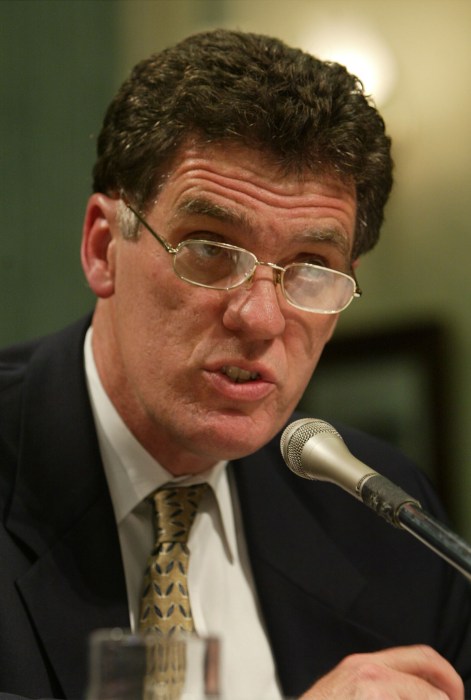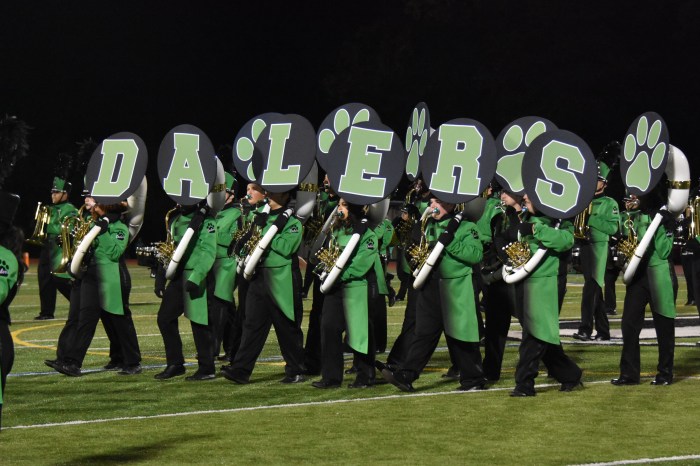Nearly a decade has passed since nine Hispanic residents first sued the Village of Farmingdale over allegations that the redevelopment of 150 Secatogue Avenue discriminated against the Latino population. Now, almost ten years later, the anti-discrimination case is heading to federal court for a trial in January 2014.
“With most civil litigation, it takes a long time,” said Stefan Krieger, a law professor at Hofstra University who took on the case on behalf of the nine former Farmingdale residents.
“[The individuals] were treated with a total lack of dignity… and we’re not going to let that happen. We’re going to continue to fight.”
The property is considered to be the center of the Latino-American community in Farmingdale. The legal troubles first arose in 2004, when the developer, Fairfield Properties, bought the property with plans of replacing the 54-unit apartment building with upscale apartments. Although the location is private property, the plaintiffs claim the village and property owners had failed to keep the building up to code, giving the village authority to sell the property and evict tenants, citing health violations for their reasoning to close off the property.
Plaintiffs also allege that the village further discriminated against the Latino population when it passed a local vehicle and traffic law that restricted standing on certain street corners where day laborers were known to congregate.
Farmingdale Village Attorney Claudio Debellis, who has worked on the case for the past several years, said that the changes to the vehicle and traffic laws were in response to landscapers, and had been enacted for the betterment of the village.
According to the federal lawsuit, these regulations resulted in a ninety percent decline in the amount of day laborers in the village.
In addition, the plaintiffs argue that the village fast-tracked the redevelopment project, violating their own ordinances. On June 5, 2006, the courts mandated a moratorium on building permits, which the village claims was after the permits for the redevelopment project were approved in Aug. 2005. However, the plaintiffs argue the permits were not actually approved until July 27, 2006.
“I’m confused as to why the case has lasted as long as it has and why it is still going on today,” said Farmingdale Mayor Ralph Ekstrand.
Farmingdale’s current-Mayor Ralph Ekstrand said he feels that the village was not in the wrong when it allowed the developer to construct new apartments on the same property where apartments previously stood. The plan survived through three village administrations.
“I do not believe that the former three mayors were discriminatory against anybody,” Ekstrand added.
With the trial scheduled for Jan. 13, 2014, the nine former residents are seeking unspecified damages from the village and former property owners of 150 Secatogue Ave.
Although the village and former owners are named in the lawsuit, developers with Fairfield Properties were dismissed from the trial after agreeing to settle outside of court, paying the plaintiffs an undisclosed amount in damages. Because the village is also covered under its insurance policy with Traveler’s Insurance, the village has nothing to lose or gain out of the case. Insurance will foot the bill for any liabilities.






























